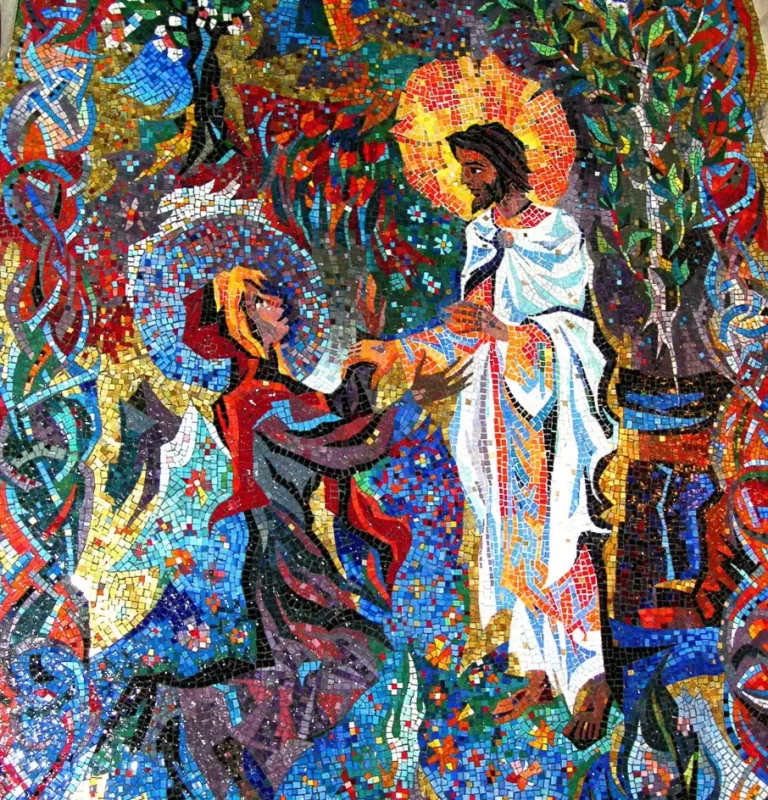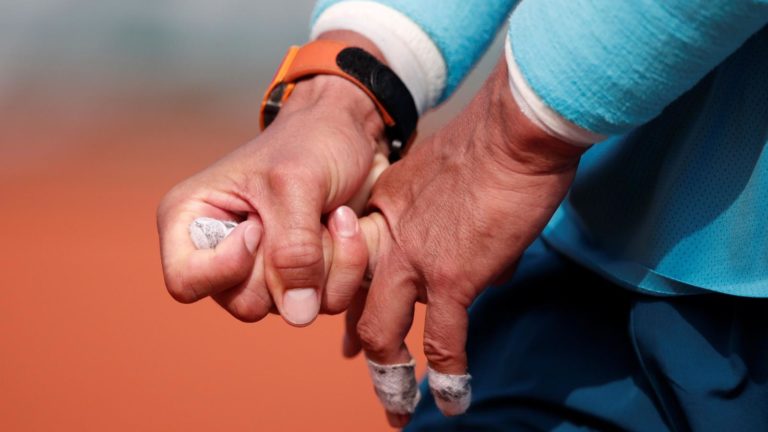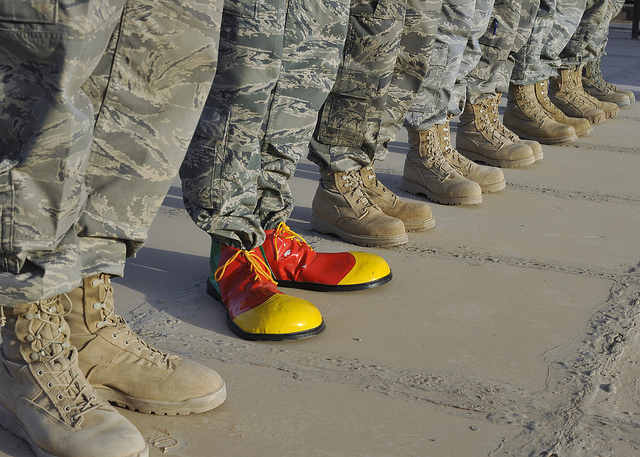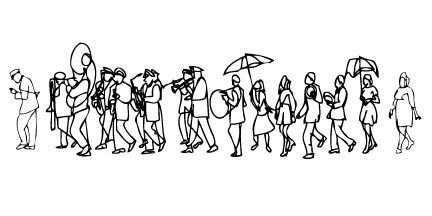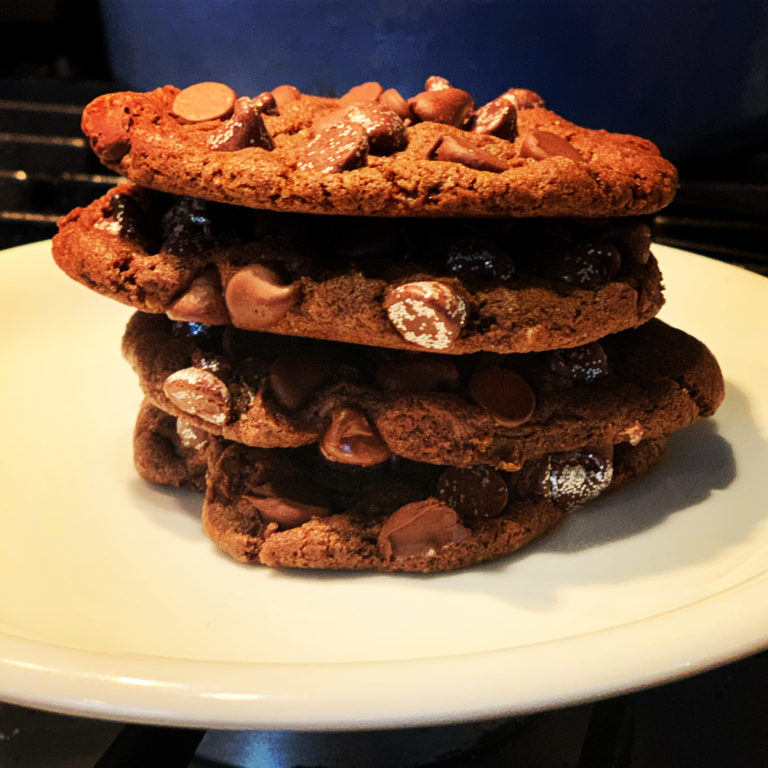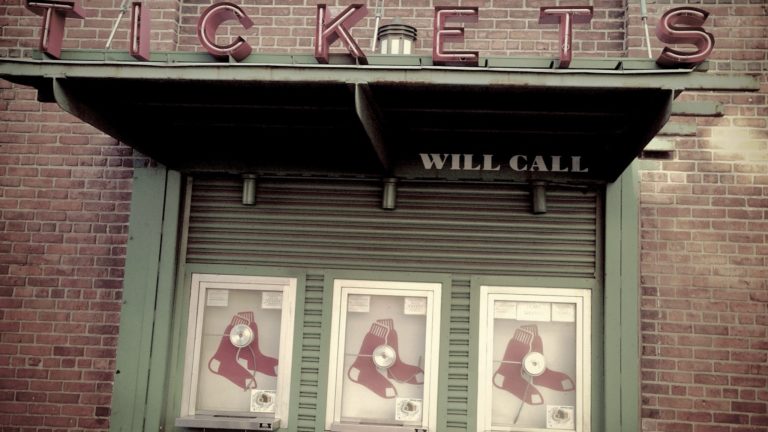Easter feels like it should be an easier Sunday to preach than it is. The magnitude of the day makes it feels like I should have something big to say, but the reality is the story is quite simple and, in its simplicity, profound. So here’s what I have to say this day.
______________________________
When it comes to what happened that morning, the three accounts share some details and differ on others.
The things they say in common are that Mary Magdalene came to the tomb at sunrise to find the grave opened and empty, and that she went to tell the men, who were hiding in the room where they had shared the Last Supper with Jesus.
In Luke’s gospel, Mary is accompanied by Mary the mother of James, Joanna (a woman Jesus had healed who had remained as a follower), and “the other women,” and they were greeted at the open tomb by an angel who told them that Jesus was not there and they went to tell the eleven disciples and “the others.”
In Matthew says that Mary Magdalene and “the other Mary,” which is a nickname she loved, got to the tomb and there was an earthquake and then an angel who rolled the stone back and sat on it to declare that Christ was risen. If Matthew were alive today, I have no doubt he would be a screenwriter.
John’s version, which we read this morning, is the least populated and the most personal. Only Mary Magdalene is at the tomb, which was already open when she arrived. No angel is mentioned. When she saw that tomb was open she ran back to Peter and the other unnamed disciple to tell them she thought the grave had been robbed. The three of them ran back to the tomb and the men ran in. Mary stood outside, weeping. Then she heard a voice ask why she was crying and she said because Jesus had been taken and she did not know where.
She did not go to the tomb expecting life; she went expecting death and its aftermath.
She turned to face the person who had spoken to her, but did not realize it was Jesus. She implored him to tell her what had happened. Then Jesus called her name–“Mary”–and she knew who he was.
No earthquake. No angels. In the middle of the cemetery and the confusion, she heard her name and she knew he was alive.
She had come to the tomb expecting death and she found life.
One of the things we know is that it was many years–sixty or seventy–after Jesus’ crucifixion and resurrection that the gospel stories were written down. In the mean time, the stories were passed down orally, as important stories were in that culture. I wonder if the various gospel traditions took hold because there were some years when it came time to celebrate the Resurrection that they needed an earthquake and a cinematic angel and the reminder that sometimes God shows up big and bold. Then there were other years when they needed the reminder that the story was about more than the small group of men and women who followed Jesus, so they told the story that included the other women at the tomb and the others in the upper room as well. Then came the years when, perhaps, life had been so heavy and hard that all they needed was the story about Mary weeping alone and hearing Jesus call her name.
He called her name–“Mary”–and she knew he was alive because he knew who she was, even when she didn’t recognize him.
And it’s a good version of the story for us this year, I think, after two years of pandemic life, the war in Ukraine, the continuing rancor in our country, and everything else that feels like an earthquake and a hurricane and a nor’easter all blown into one. We have come to expect death, or something like it, on a regular basis, even as we have tried to practice resurrection. it isn’t hard to identify with Mary: “They have taken my Lord and I don’t know where they have laid him.”
We are here this morning to hear God call our names, to offer life where we have expected death.
One hymn writer tried to imagine what it was like to be Mary in the story and wrote
I come to the garden alone
while the dew is still on the roses
and the voice I hear calling on my ear
the Son of God disposes
and he walks with me and he talks with me
and he tells me I am his own
and the joy we share as we tarry there
none other has ever known
(*in the service, I sang the hymn from the pulpit)
The only thing the hymnist got wrong is that the joy of resurrection wasn’t limited to Mary in that moment. On this resurrection morning, God is calling your name, my name, every name who will stop and listen to say love is stronger than death, to say nothing can separate us from the love of God. Absolutely nothing.
Christ is risen. Christ is risen indeed. Amen.
Peace,
Milton
